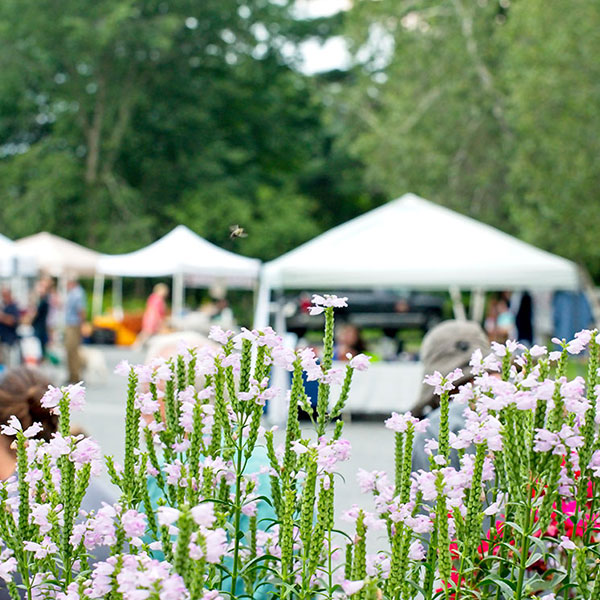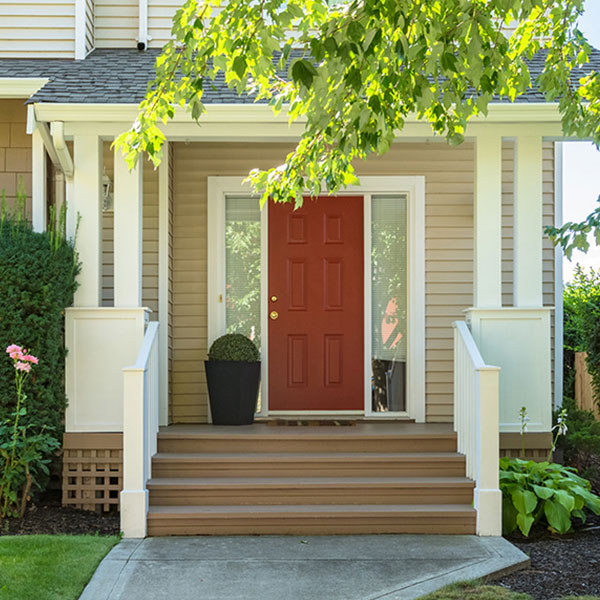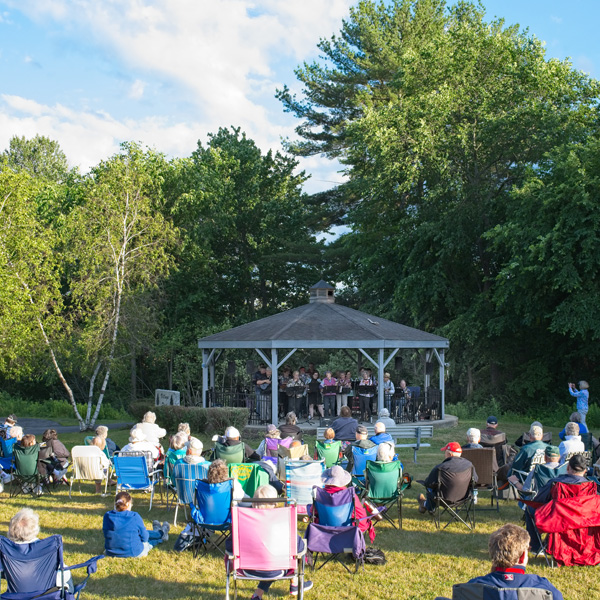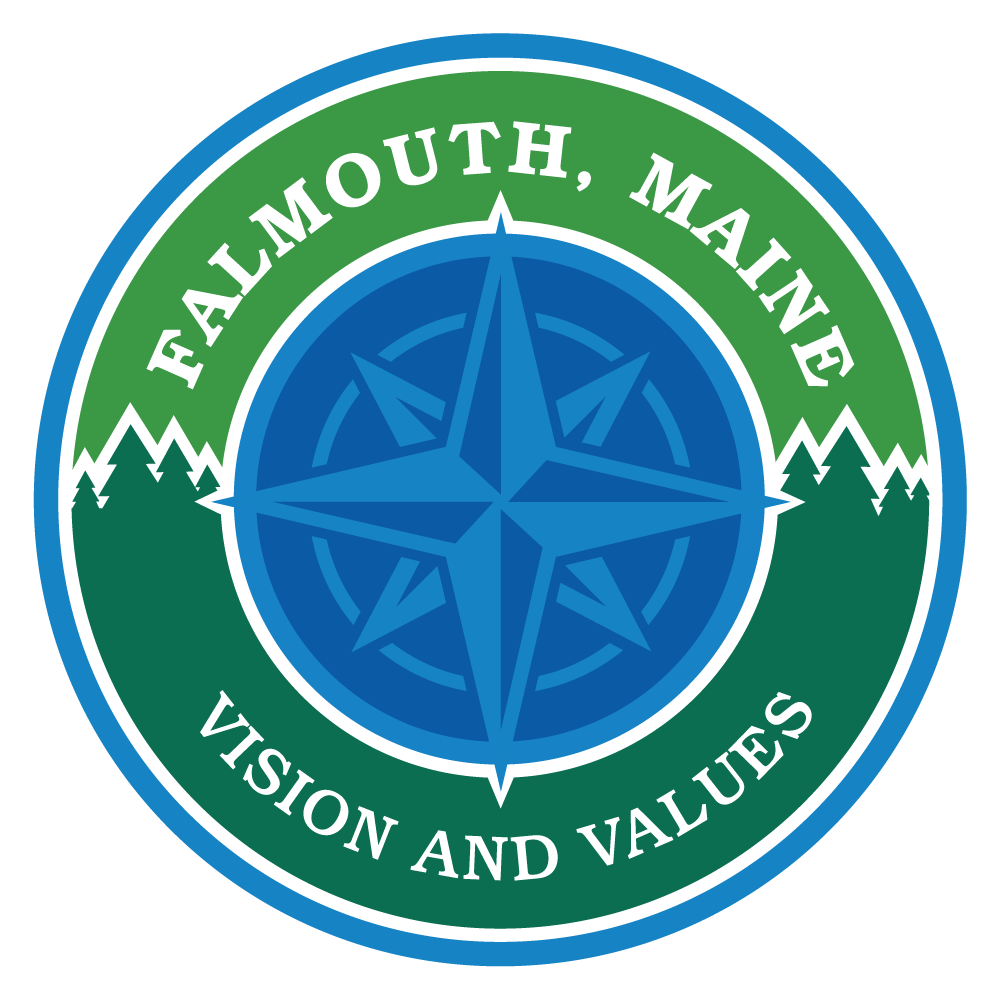People choose a range of types of engagement and where/how to spend time at events and gatherings differently. From work meetings and neighborhood gatherings to athletic fields, playgrounds and event venues, communities need to support a diversity of social interactions and experiences to create a welcoming and inclusive environment for all residents.
Diversity, equity and inclusion is important for many people in our community and for those that consider joining our community. These demographics can include but are not limited to race, ethnicity, age, people struggling with mental health, people with physical and neurological disabilities, LGBTQ+, and more.




For more information about the Town of Falmouth Vision and Values project, please contact:
David Beurle, CEO
Future iQ
Phone: (612) 757-9190
david@future-iq.com
10 Comments
The top priority for the community is safety…by a long shot. This is not mentioned in the consultants comments. Inclusivity and diversity is not in the top 3 and should not be commented on as being a big topic. According to the survey results it is NOT a big topic. The big topics that Falmouth wants to focus on are 1. safety 2. accommodating age in place 3. health and wellness. Let’s focus where the people want to focus!
Well stated Todd. We need to use the survey to determine what Falmouth residents are really concerned about. The macro trends are interesting but in many cases do not apply to Falmouth.
I agree, this is not a top priority for the community, and flat out a recipe for disaster cooked up by some a small number of elites who think they know what’s best for everyone else. These elitists believe they are better than you, enjoy telling how everyone else should think and behave, telling you that your are discriminating a group or a racist if you think differently, a form of discrimination in itself. While I believe Falmouth and our community at large are all in for having a welcoming community that is open to diversity, treating all who come here with respect and dignity, this topic is not worth our spending our hard earned tax payer dollars, funding social justice consultants to divide us. We should focus less on equity but continue to focus on equality, equality of our individual rights (essential, moral rights, opportunity). Equity of outcome, which equity is, means to take from one group and give to another (forced redistribution), and to blame discrimination for the disparity – that is evil and must be opposed at all costs.
58% of town residents who responded to the survey felt that “Embracing equity and inclusivity principles” was important. Given this information I believe that we need to be aware of this as decisions are made regarding affordable housing. Without at least some affordable housing we are clearing excluding a large number of individuals who could add great value to this community.
All residents should be able to enjoy life to the fullest of their capabilities with liberty and freedom for all. We should ensure that the community operates within the Constitutions and Laws of the United States and Maine. No group should receive preferential treatment and the Town should not institute any programs which give special benefits to any group. The Town should not initiate any programs other than supporting the Laws and Constitutions. All residents should be treated equally and without prejudice!
MODERATOR COMMENT: It is great to see these conversational threads evolve.
These Discussions Boards are being moderated to match the stated guidelines: “Comments made via this portal are public. We expect conversations to follow the rules of polite discourse. Messages containing inappropriate content or language will be removed at the discretion of Future iQ”. To date, we have had to exclude a number of comments that are critical about people or groups, or are obviously off-purpose (unrelated political commentary; for example). PLEASE remember, these are open community conversations, to which a wide range of people are contributing – including school students. These Discussion Boards are an opportunity for thoughtful, polite and convivial community discussion focused on exploring specific important issues. Please consider ‘tone and content’ before submitting, as we will draw a clear line – and exclude – inappropriate messages. Thank you.
I believe that community diversity, inclusivity and resident experience is very important and I look forward to further discussion on this topic. I attended the town council meeting on April 12th at which they received public comment on their statement “Town of Falmouth Resolution On the Commitment to Racial Equity and Social Justice”. At that meeting I heard residents comment that they don’t believe there is any inequity or racism in Falmouth, and I heard others talk incidents in which they, and their loved ones, have experienced lack of inclusion in Falmouth. If a priority for our discussions is safety, as commented above, then safety of all residents (and future residents) must be considered. Given how dynamic this discussion was at the town council meeting, I believe it is equally important as part of the Visions and Values process now.
There are, of course, lots of ways to look at statistics. But my reading of the responses suggests that 58% of Falmouth residents see inclusivity and equity to be important issues, compared to only 14% of Falmouth residents see these issues as not important, the remainder being neutral. The importance of safety has been mentioned above, and in reality, if you don’t feel included in a community, you can feel unsafe. Falmouth prides itself in its excellent schools. In my opinion and understanding, where economic, ethnic, and racial diversity exist in schools, and where equity and inclusivity are encouraged, young people are provided a richer educational experience – they are better prepared for the world they will live in.
Thank you for the great discussion at last night’s focus group! I look forward to continuing the conversation at an upcoming Think Tank.
While there are points of celebration, the results of the survey should be cause for concern. In addition to what it seems to show, paying attention to what it missing is equally revealing. It is conceivable that part of the population may be shocked, or even in denial about the realities and experiences of others in their very own community. Silence, they say, speaks volume, and you don’t know someone until you have walked a mile in their shoes. We live in a system that focuses on “majority” (i.e. “la raison du plus fort est toujours la meilleure”) instead of achieving equity for all its members. That is how slavery happened. That is how colonialism happened. That is how women, our mothers to whom we all owe our very lives, were seen and treated as inferior, not intelligent enough to vote until only 101 year ago, or hold positions of power in a misogynistic culture, and are still often paid less to do the same job their male counterparts. That is how immigrants are seen as problems and undesirable neighbors in our communities that were built, ironically, by immigrants and their countless contributions. That is how we continue to deny our own history, and start to repair the ills and harm we have done to entire groups of people such as indigenous people. That is how, in spite of the overtly declared constitutional guarantees of freedom to express once chosen religious beliefs without fear of oppression or discrimination, we continue to see many of our neighbors being ostracized because of their very religion. That is how many of our elders, after pouring themselves into the well-being of our communities for most of their lives, often find themselves struggling to enjoy the fitting, well earned and deserved opportunity to age in place. Falmouth is not worse than other places. It is not better either. The fact that it is starting to recognize that it can and must be better for all is a positive development. We all live here.